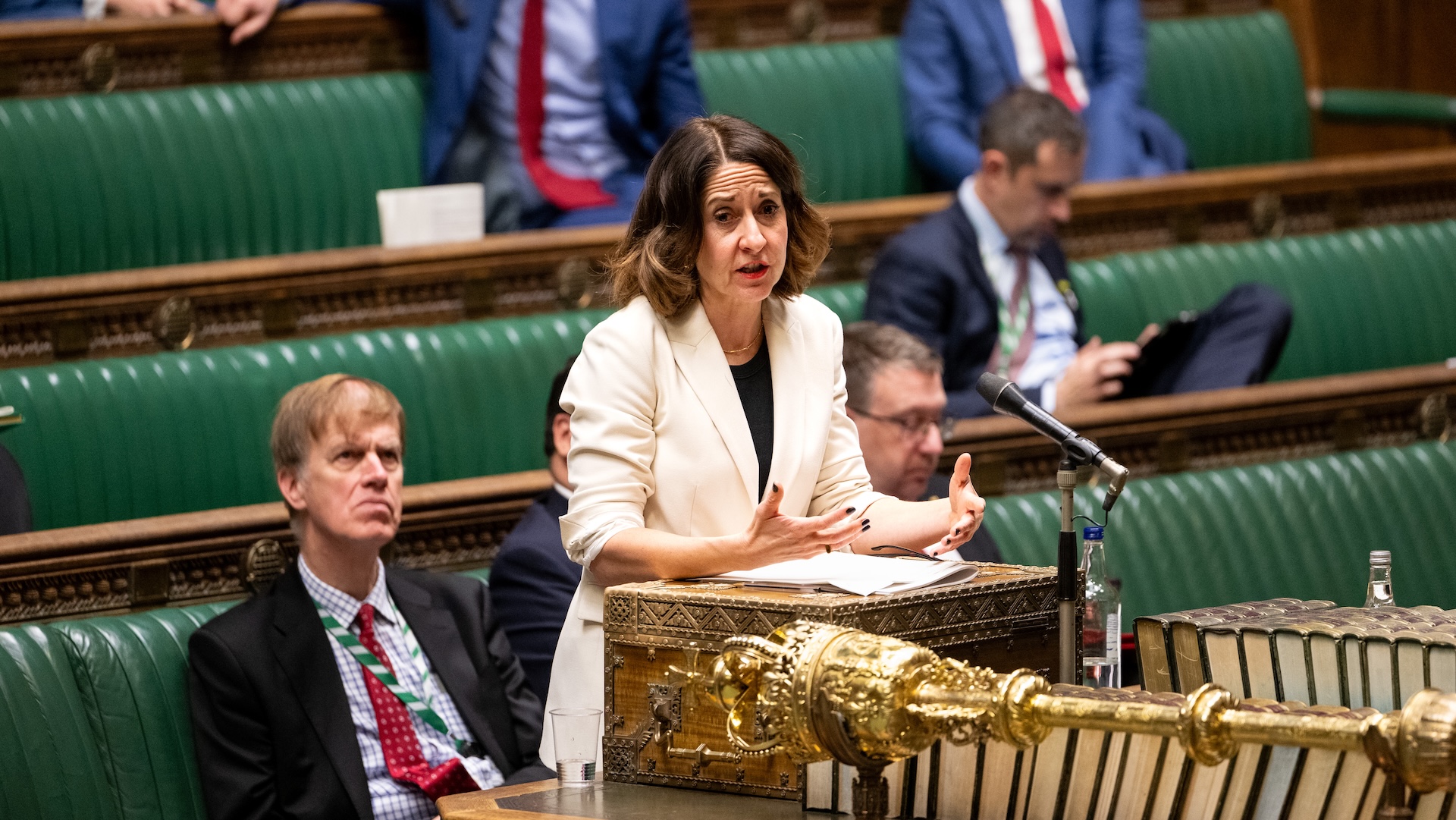Read more:
There are seven people not in work and claiming universal credit for every advertised job vacancy, when you include the health portion of universal credit, the JRF said.
That means there is one “disability confident” role available for every 121 people on incapacity benefits. In ex-industrial areas, this number is one role for every 333 people.
Researchers concluded that “people on disability benefits who live in places with high numbers of those out of work will have the greatest challenge in finding a job, undermining the government’s wish to drive up employment amongst disabled people”.
The analysis “adds to the growing evidence that few people will actually find employment as a result of the changes”.
“Cutting disabled people’s benefits won’t magically create suitable jobs, particularly in those parts of the country that have long had weaker jobs markets. It’s little wonder so many disabled people are fearful of the impact of the government’s cuts,” said Abby Jitendra, principal policy adviser at JRF.
Advertising helps fund Big Issue’s mission to end poverty
“As MPs gear up to debate the government’s cuts, we urge the government to change course by protecting disabled people from the harm that these cuts will cause and offering a real plan to create good quality jobs across the country.”
‘Cutting disability benefits will not create more suitable jobs’
MPs are currently set to debate the cuts in parliament on Tuesday (1 July).
More than three million families were expected to lose out as a result of the originally proposed cuts. Taking Starmer’s latest concessions into consideration, food bank charity Trussell estimates that an estimated 430,000 future PIP claimants will lose an average of £4,500 a year. Meanwhile 700,000 new claimants of the universal credit health element will lose an average of £3,000 per year.
Meanwhile, The Learning and Work Institute and the Resolution Foundation estimates that up to 105,000 people will find work owing to the government’s package of cuts and employment support.
Experts added that disabled people face “barriers” when it comes to employment, and cutting benefits will “only make it harder” for them to find work.
“The government say they want more disabled people to move into work, but 86% of unemployed people with a learning disability have told us they want a paid job but aren’t being hired,” Dan Scorer, head of policy and public affairs at learning disability charity Mencap, told the Big Issue.
Advertising helps fund Big Issue’s mission to end poverty
“Many people with a learning disability feel like they’ve lost out on a job before they’ve even applied -facing barriers with inaccessible application forms, battling negative employer attitudes and a lack of simple reasonable adjustments.”
Scorer added: “Cutting disability benefits will not create more suitable jobs or the specialist support needed for disabled people to move into and stay in work.
“We know with the right support, reasonable adjustments and inclusive workplaces, people with a learning disability can thrive. However, this research shows the huge challenge disabled people face in finding work, and cutting benefits will only make this harder.”
Fazilet Hadi, head of policy at Disability Rights UK added that the government “should not pretend that getting work is an easy option”.
“The government should not be inflicting savage cuts to disability benefits, driving hundreds of thousands of disabled people into poverty and stripping us of our independence,” Hadi said.
“The JRF research shows how little has been done by government, to make employment accessible to disabled people. While the designation of ‘disability confident’ doesn’t necessarily mean equality for disabled job applicants and workers, the fact that so few jobs are covered by the Scheme is a problem.
Advertising helps fund Big Issue’s mission to end poverty
“However, whether or not an employer is disability confident, disabled people regularly encounter discrimination in securing jobs, progressing in work and in retaining jobs. The Equality Act is regularly breached, with our requests for flexibility denied and our applications for reasonable adjustments refused.”
Hadi added: “On top of all this, the government’s Access to Work Scheme is now letting down disabled people who have found a job or are already in work, through excessive delays.”
Promises are easy to break. Sign Big Issue’s petition for a Poverty Zero law and help us make tackling poverty a legal requirement, not just a policy priority.
Do you have a story to tell or opinions to share about this? Get in touch and tell us more. Big Issue exists to give homeless and marginalised people the opportunity to earn an income. To support our work buy a copy of the magazine or get the app from the App Store or Google Play.





